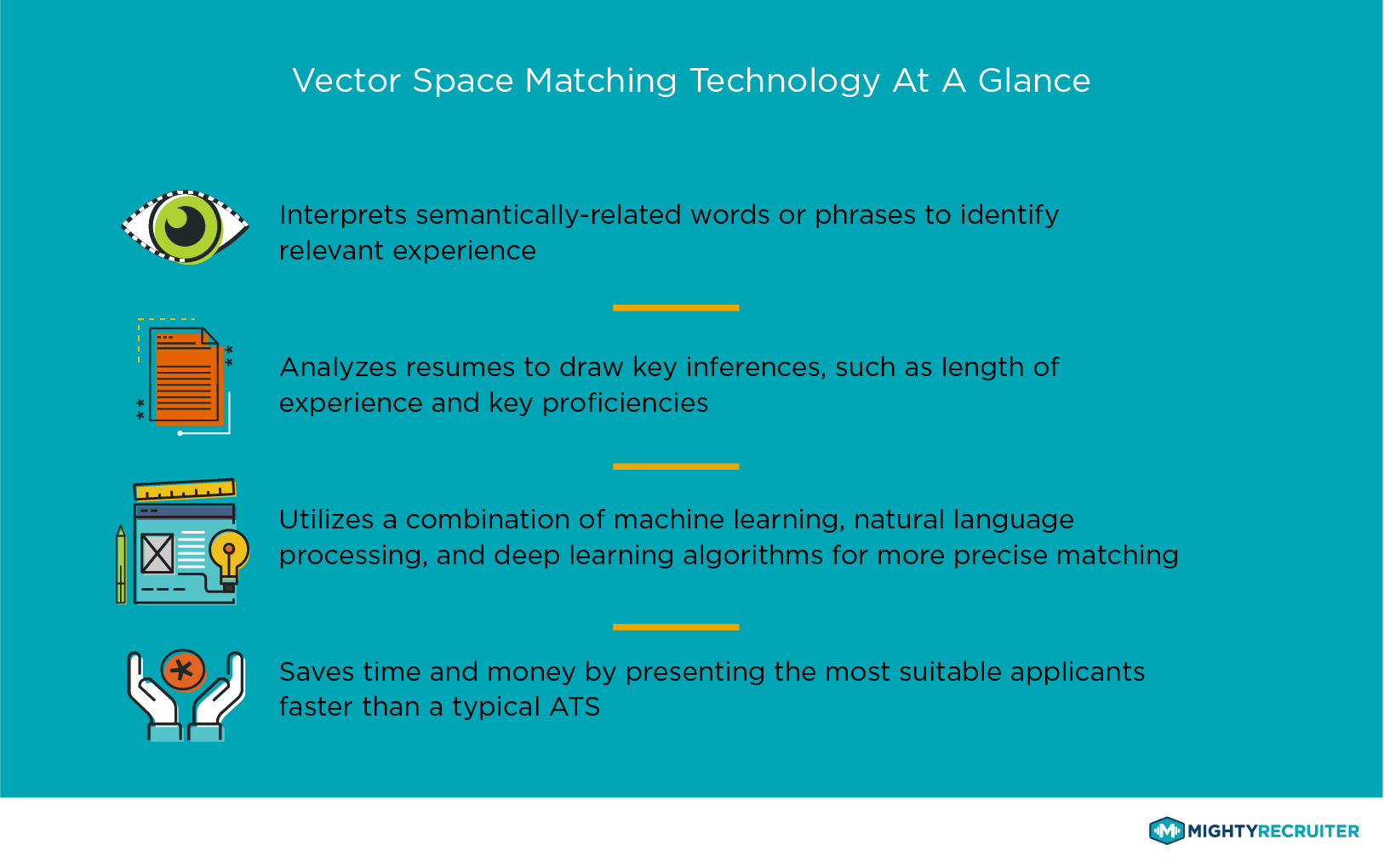Artificial intelligence (AI) often gets a bad rap in the hiring industry, and frankly some of the concerns are valid.
For one, machines can eliminate jobs, which can be terrifying to recruiters already familiar with the automation-related mass layoffs that have affected other industries. Not to mention, there is legitimate worry that it can further dehumanize a hiring process that already gets a lot of flack for being dispassionate and lacking in empathy. Think about it: Every candidate wants to feel special, and I also prefer talking to people talking instead of talking to machines.
At the end of the day though, we all value our time, and this is one area where AI can add some huge value. So if artificial intelligence can save time for both sides, shouldn’t candidates and employers be welcoming it to recruitment?
- Candidate Communication
Recruitment Challenge that AI could address: too often candidates fall into the ‘black hole’ and are left in the dark in terms of next steps in the hiring process. This non-communication is not only devastating to your hiring efforts, it can also affect your bottom line.
Automated emails have long served as the medium that recruiters use to update jobseekers on the state of their application. A newer solution to the problem of candidate communication is the chatbot. Chatbots can confirm information was received, ask for other information needed to complete an application, and respond with some relevance to general inquiries about the company. A chatbot can help to ensure that the company has all the relevant professional information about a candidate, and it can facilitate a better candidate experience to boot. Overall, the recruitment challenge is solved by exchanging information that helps the candidates and the companies in a timely manner.
“We are reaching a point where machines will represent humans in a way in which an objective observer cannot determine the difference,” said CareerXRoads CEO Gerry Crispin in the 2017 Hiring & Recruiting Trends eBook. “For example, pre-screening candidates will become an automated process using chatbots backed with machine learning and AI.”
- Candidate Matching
Recruitment Challenge that AI could address: getting to a shortlist of great, qualified, and interested candidates as fast as possible.
When it comes to applicants, hiring leaders would prefer to only meet with great, qualified and interested candidates. With the increasing amount of information available, I think technology will be able to help determine which candidate should speak to which company. Today, MightyRecruiter has rolled out their own vector space matching algorithms based on machine learning, which one-ups the keyword-based matching of traditional ATSs to allow hiring leaders to better identify the best fit applicants for each job posting

Product Lead Ann Barzman said, “This technology saves time by bringing the most relevant candidates to the attention of the recruiter or hiring manager so that they aren’t forced to sift through the pile of unsuitable candidates. Rather than receiving a report that lists applicants according to submission date, the technology delivers a report that ranks candidates according to their suitability.”
The ability of technology to determine who should meet for a job interview – by matching preferences, abilities, and experiences – will increase thanks to AI and machine learning.
- Interview Scheduling
Recruitment Challenge that AI could address: make interviews happen when the hiring team wants them to happen while spending as little time scheduling as possible.
When it comes to interview scheduling, it’s not at all unusual for a long drawn-out back-and-forth to take place between applicants and employers regarding time and place. Artificial intelligence can take on managing this ping-pong of sorts to schedule meetings to a varying degree of satisfaction. X.ai is a smart personal assistant that is already scheduling business meetings for companies such as Slack, MongDB, TechStars, LinkedIn, and Salesforce. It’s just a matter of time before technology like this verticalizes and begins scheduling specific types of meetings in specific departments (such as job interviews).
In my honest opinion, artificial intelligence – in small doses – is nothing to be afraid of. I see moments where it can help the day-to-day of both candidates and companies. If technology can help both sides of the market, people will adopt it. Do you think artificial intelligence will change how companies hire?
 MightyRecruiter
MightyRecruiter




Leave a Reply